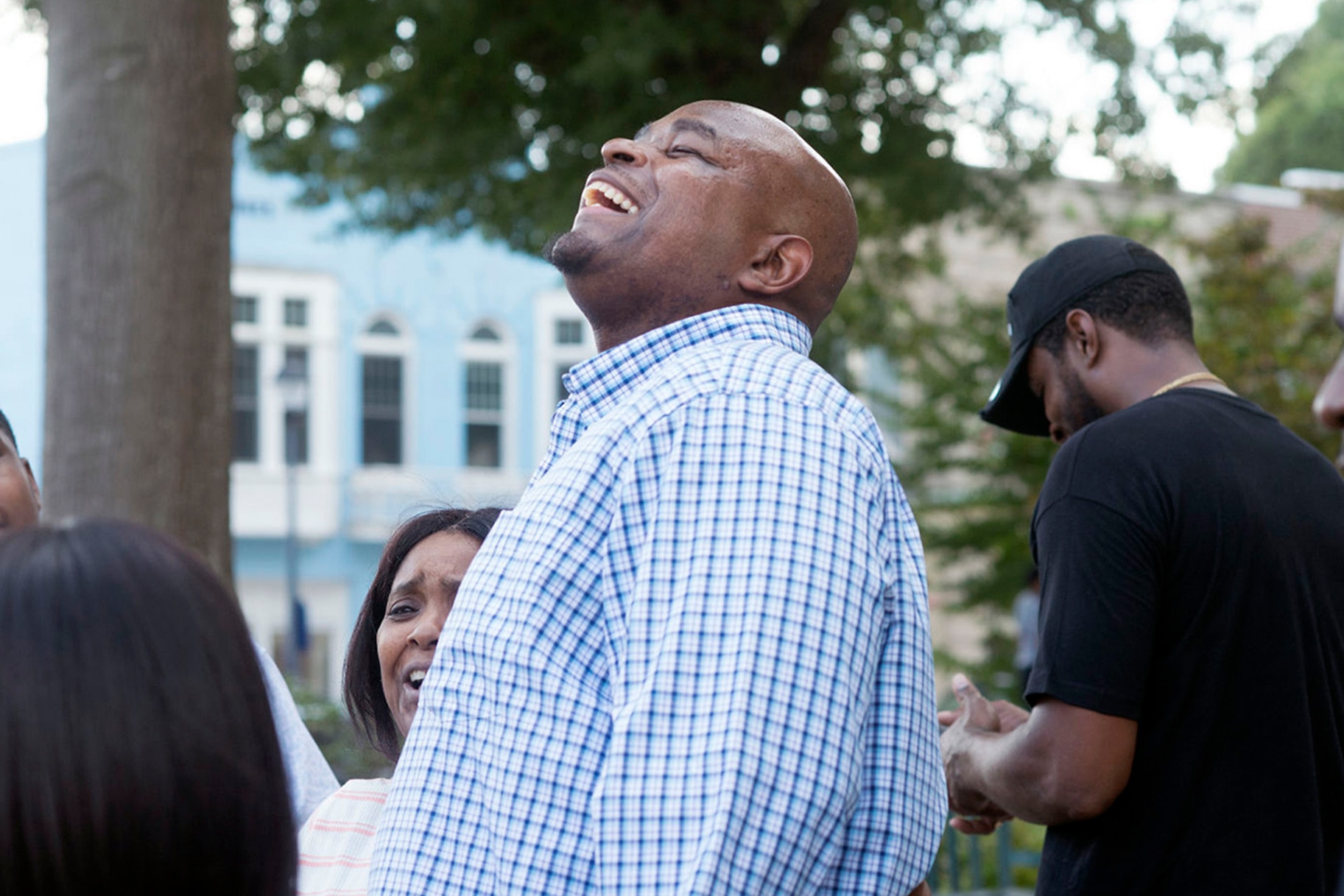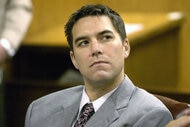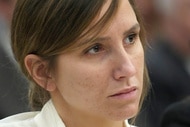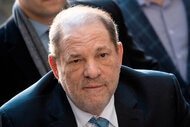Create a free profile to get unlimited access to exclusive videos, breaking news, sweepstakes, and more!
North Carolina Man Pardoned For 1994 Murder He Didn’t Commit, Now Owed $750,000 From State
“It’s been a long wait,” Dontae Sharpe's attorney, Theresa Newman, said on Monday.

A North Carolina man who spent more than two decades in prison for a deadly shooting that he didn't commit was pardoned this week, officials said.
Dontae Sharpe, 46, received a full pardon from Governor Roy Cooper on Friday in the 1994 murder of George Radcliffe, officials announced.
Sharpe was wrongly incarcerated for 24 years in prison before he was freed — and his case was thrown out — more than two years ago.
“I have carefully reviewed Montoyae Dontae Sharpe’s case and am granting him a Pardon of Innocence,” Cooper said in a statement. “Mr. Sharpe and others who have been wrongly convicted deserve to have that injustice fully and publicly acknowledged.”
“It’s been a long wait,” Theresa Newman, Sharpe’s defense attorney, told Oxygen.com on Monday. “We’re delighted the governor recognized Dontae Sharpe’s innocence and that a tragic mistake had occurred and gave him the formal recognition he deserved.”
The pardon now qualifies Sharpe for wrongful incarceration compensation. According to North Carolina law, he is owed $50,000 per year spent in prison, capping out at a maximum of $750,000 — or 15 years worth.
“No amount of money can compensate one for the loss of 25 years of your life," Newman said. "A quarter of a century away from your family, away from your friends, away from gainful employment, just away — locked away."
It's unclear exactly when Sharpe will be paid out by the state, though his legal team plans to file a petition to the Industrial Commission to initiate the compensation process this week.
"Timing of payment is dependent upon when the petition is filed and the completion of its review by the Industrial Commission,” Jordan Monaghan, the press secretary for Governor Cooper, told Oxygen.com.
On Feb. 11, 1994, Radcliffe, a white sporting boat executive, was found shot to death in his Mazda pickup truck in Greenville, North Carolina, according to the Washington Post. The shooting unfolded in a primarily Black neighborhood, in part leading investigators to conclude the sporting boat executive’s killing was somehow tied to narcotics.
Sharpe was later arrested, put on trial and convicted in Radcliffe’s killing. He was sentenced to life in prison in 1995.
His conviction largely revolved around the testimony of a 15-year-old Charlene Johnson, who falsely claimed she’d witnessed the shooting, according to the New York Times.
For decades, Sharpe maintained his innocence — along with a growing cast of supporters, who applied pressure on state and county officials for years on his behalf.
In 2018, Sharpe’s legal team caught a break after the courts granted him an evidentiary hearing in the case. The hearing ultimately revealed that the prosecution’s teenage key witness had fabricated her account pinpointing Sharpe as the triggerman.
“She was not present at the time of the shooting and that her trial testimony was entirely made up based on what she saw on television and what investigators told her,” Superior Court Judge George Bryan Collins Jr. said in his findings.
Dr. Mary Gilliland, the case’s medical examiner, also refuted Johnson’s account of the shooting at the hearing. She disclosed she didn’t learn of Johnson’s erroneous testimony until “well after the trial was over,” and stated the alleged witness' reconstruction of the shooting was “medically and scientifically impossible.”
Sharpe was freed in 2019. The Pitt County District Attorney's Office later dismissed charges against him.
Newman credited Oxygen.com’s documentary series “Final Appeal,” which investigated Sharpe’s case in 2018, in helping expose the labyrinth of eyewitness and forensic inconsistencies plaguing the case.
“Dontae Sharpe didn’t do it,” Newman told Oxygen.com’s “Final Appeal” at the time. "So the person that shot him is out.”
In particular, the show’s interview with the medical examiner Gilliland opened the door to her eventually testifying on Sharpe’s behalf, Newman said. Gilliland, whose initial testimony bolstered the prosecution’s now-debunked theory that Sharpe was the shooter, had long refused to speak with attorneys seeking clemency for Sharpe.
“That was an important point in the litigation for Dontae because [Gilliland] cooperated with the documentary,” Newman said. “[She] wouldn’t speak to us previously and then after she participated in the documentary we said you gotta speak to us. And she did. She became our star witness in the exonerating hearings. “
Newman, who personally delivered the news of his pardon to Sharpe last week, said her client was “ecstatic” to learn the governor cleared his name.
“He’s doing great,” she added. “He’s truly a remarkable person.”
On Friday, Sharpe, surrounded by family and a throng of supporters, addressed local media regarding news of his pardon.
"I haven't soaked it in yet,” Sharpe told reporters, the Charlotte Observer reported. “It was a surprise. Now my family's name has been cleared, it lifts a burden off my shoulders."


























